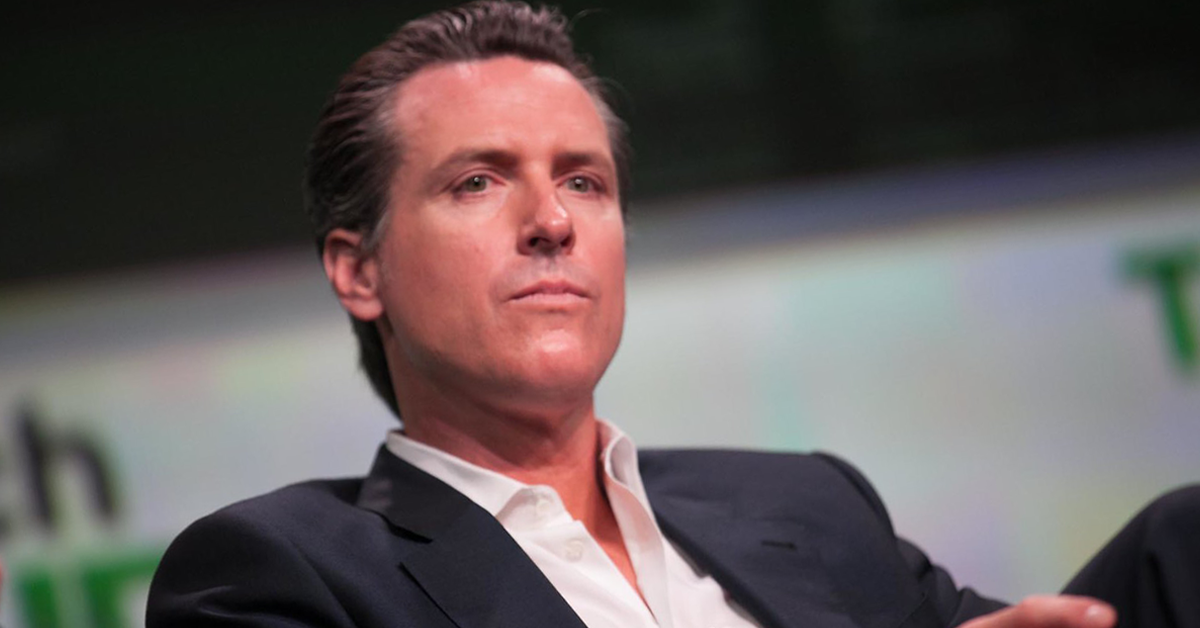I called Fresno City Council Member Clint Olivier on Sunday. Our topic: His race for the vacated 31st Assembly District seat.
“We’ve run a strong campaign,” Olivier said. “I’m confident I’ll win.”
Everyone will find out late Tuesday evening when the special election featuring Olivier, Joaquin Arambula and Ted Miller is over and the votes are counted.
The seat has been empty since Henry T. Perea resigned last year to take a job in the pharmaceutical industry. Olivier is a Republican. Arambula (Kingsburg) and Miller (Caruthers) are Democrats.
A lot has been written about this race all across the state. I don’t claim to know the meaning of all the early numbers – absentee ballot returns, TV advertising budgets, voter demographics, etc.
But there was one exchange in my chat with Olivier that confused me.
Olivier represents District 7. This district is probably the toughest among all seven council districts to effectively represent.
That’s due to how District 7 came to be. It was born in 1996 when Fresno first held elections in preparation for implementing the new strong-mayor form of government.
Fresno under the council-manager government had six council districts and a mayor (elected citywide) who produced the seventh council vote. When we turned the mayor into a chief executive at the head of a separate branch of government, we filled the hole in the legislative branch by creating a seventh council district.
District 7 got pieces of territory from the other districts. That means District 7 is smack in the middle of town. It’s the only district that doesn’t touch the city boundary.
The result: District 7 is nearly 20 years old, but still struggles for a clearly identified identity. At the same time, District 7 faces immense social and economic challenges, probably more than any other district.
The first District 7 council member was Henry R. Perea, father of Henry T. Perea. Henry T., in turn, succeeded his dad as District 7 representative. Olivier succeeded Henry T.
The population in District 7 is, as in the 31st Assembly District, heavily Hispanic.
Olivier first won the District 7 seat in the June 2010 primary, getting nearly 63% of the vote. He beat Marcelino Valdez Jr.
Council seats are non-partisan. The Pereas are Democrats. I’m not saying Henry R. and Henry T. went out of their way to oppose Olivier in 2010. I am saying they played relatively modest roles in the battle. That surely helped Olivier.
Olivier in his first term met his share of controversy. Perhaps nothing topped the effort of Mayor Ashley Swearengin to privatize the city’s residential trash service. Olivier sided with the mayor. The Pereas and several powerful city unions opposed the plan.
The Measure G special election in June 2013 produced a narrow victory for the anti-privatization side.
What happened next sets the stage for my Sunday chat with Olivier.
Several union leaders, particularly Marina Magdaleno of the blue-collar union and Dee Barnes of the white-collar union, said Olivier had to go. The District 7 seat was up for grabs in 2014. The unions vowed to send Olivier to an early political retirement.
The working assumption: Olivier is white; District 7 is mostly minority; Olivier had “betrayed” working minorities; Olivier was a sitting duck.
But a funny thing happened on the way to Olivier’s political execution. First (as was no secret at the time to City Hall watchers), the anti-Olivier camp had trouble finding a strong candidate. The Olivier opponents did some nosing around, and realized the incumbent wasn’t unpopular with likely voters after all.
Turns out Olivier was doing his job, and doing it just fine.
That’s a big reason Esmeralda Soria decided her path to the council dais was through District 1, not District 7.
Then, when the Olivier haters did find someone (community activist Mike Wells) to back, the incumbent proved to be a formidable campaigner. Olivier won a second term in the June 2014 primary with more than 54% of the vote. Wells was a distant second in the four-candidate field with about 29%.
But there was another reason why the Democrats and the unions wanted to crush Olivier in 2014, something other than just a desire for retribution in the wake of Measure G.
As the trash issue made all too clear, Fresno City Hall politics is two things. First, it’s highly partisan. Second, any faction able to control both the executive and legislative branches will have a ton of money to spend and power to wield.
Olivier’s victory in 2014 gave Swearengin (re-elected that year in a cakewalk) a somewhat secure council majority.
There are never any guarantees when it comes to council votes. But union leaders were well aware that Olivier, Lee Brand and Steve Brandau tend to see issues (especially on the economic side) the same way as the Mayor.
Oliver Baines, Sal Quintero and Soria can be viewed as the opposing camp. Again, I’m using political shorthand here.
That leaves Paul Caprioglio as a swing vote. He often sees things the Mayor’s way. At the same time, he’s a registered Democrat who knows how to gauge the political winds.
Again, this voting lineup isn’t 100% set in stone. But make no mistake – folks at City Hall and among the city unions know there’s much truth to what I’ve said.
If Wells had defeated Olivier in 2014, well, that would have thoroughly changed City Hall dynamics.
But Oliver didn’t lose. He cruised to victory. The voters of District 7, regardless of background, like and trust Olivier.
So, on Sunday, I asked Olivier: “How many of the 31st Assembly District voters also live in District 7.”
“About 15%,” Olivier said.
“Well, what happens if you get 80% or 90% of that 15%?” I asked.
“I’m heading to Sacramento,” Olivier said.
And there’s the source of my confusion.
Why are the Democrats, especially the local Democrats, spending so much time, effort and money to beat Olivier on Tuesday?
Seems to me the best thing for the Democrats at both the state level and here in Fresno is for Clint Olivier in the middle of April to be driving to Sacramento to be sworn in as Assembly Member representing the 31st District.
If Olivier wins on Tuesday, then he immediately resigns as District 7 representative. The goal of Olivier haters in 2014 is realized, albeit 15 months later – he’s gone from Fresno City Hall.
Olivier’s resignation would leave about 33 months left in his council term. If I read the City Charter correctly, Olivier’s successor would be chosen in a special election (probably this summer, after the June 7 primary) or in the November general election.
Either way, Olivier’s departure would give the Democrats the perfect opportunity to find a winning candidate to their liking. That candidate would be blessed – Clint Olivier wouldn’t be in the field.
If the Democrats’ favorite wins the District 7 seat, then the council dynamic changes throughout 2017 and 2018. The Democrats also want Henry R. Perea to win this year’s mayoral election. Wouldn’t the Democrats want to do everything in their power to ensure a pliant council should Perea become Fresno’s CEO?
As to a 31st Assembly seat filled by Republican Olivier, why would the Democrats give a hoot?
As my old buddy John Ellis wrote in Sunday’s Bee, the winner of Tuesday’s special election most likely will face the other two candidates again in the June primary. If that results in two survivors, then we have another go-around in November.
The June primary and the November general election involve a long ballot of races and initiatives. One of them is the presidential race. Presidential races boost voter turnout in heavily Democratic California.
The California state government is, for all intents and purposes, a one party state. That party is the Democratic Party. The Assembly is heavily Democratic. What’s it to Democratic Party leadership if Olivier holds down the 31st Assembly seat for two months or nine months, or even two years?
In the big scheme of things, such a scenario means nothing. And, again, the Democrats in June and November have superb chances of a victory in the 31st. I was a young man the last time the Republicans won the 31st in a normal election.
But for local Democrats, kicking Olivier “upstairs” to Sacramento gives them a significant three-year opening in the District 7 council seat in California’s fifth largest city, a city that, come January 2017, may have the city’s first Hispanic and first Democratic strong mayor.
Again, why are the local Democrats working so hard to beat Olivier on Tuesday?
Maybe, behind the scenes, they aren’t.











Folks are against Clint because they believe he is not the right person for the job. I can tell you that the Dems are working VERY hard to elect Joaquin.